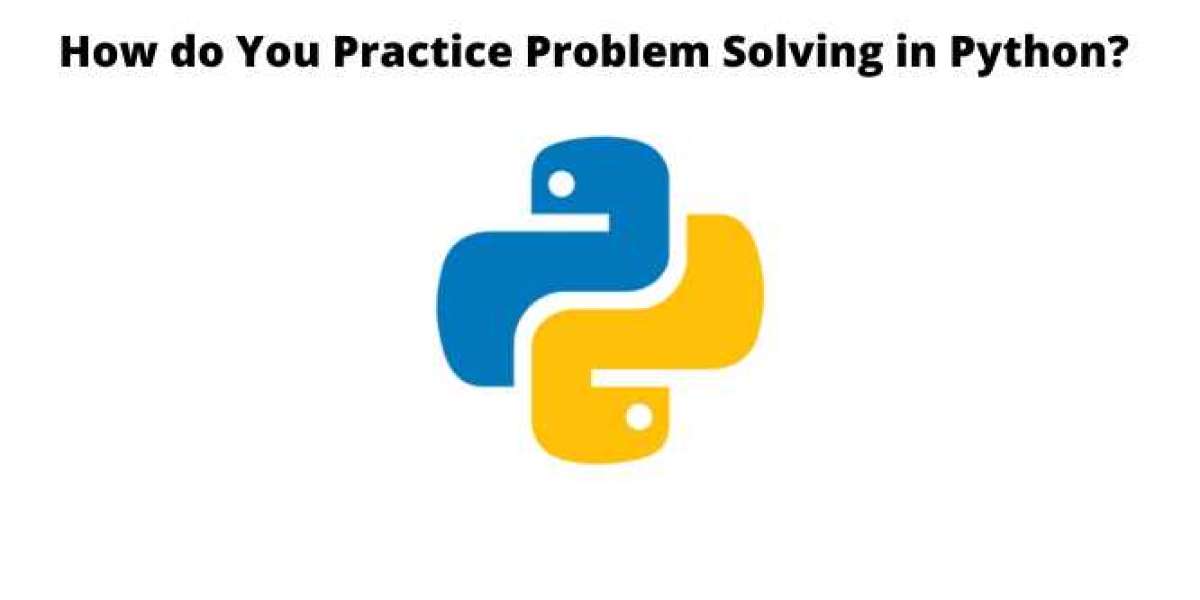What is Python Programming?
Python programming is a high-level, interpreted language that is widely used by developers and data scientists. It was created in 1991 by Guido van Rossum and has since become one of the most popular programming languages in the world. Python's popularity can be attributed to its simplicity, readability, versatility and ease of use.
One of the key benefits of Python is its adaptability. It can be used for web development, scientific computing, data analysis, artificial intelligence and machine learning projects among other applications. Its syntax is designed to be easy to learn with simple, concise statements that make it easier for developers to write code quickly.
Another reason why Python has become so popular is its large community of users who contribute packages/modules that extend the functionality of the language.
Python for Problem Solving
Once you have a solid grasp of the basics, it's time to start developing better problem-solving skills by trying out different approaches for solving coding problems. Begin with simple challenges first and work your way up to more difficult ones as your skills increase over time. It is also important to familiarize yourself with basic algorithms and data structures as these will come in handy during problem-solving exercises in Python coding projects down the line.
For more complex tasks such as web development or creating applications for mobile devices, making use of open-source frameworks like Django or Flask can help speed up your progress significantly while keeping your code organized and efficient at the same time. Additionally, incorporating tests into your development process helps ensure that all parts of your code run smoothly without any bugs or errors occurring along the way. Debugging tools are also incredibly helpful when it comes to finding errors quickly, so they don't become major issues later on down the road.
By following these steps for practicing problem-solving in Python with dedication and focus, you'll soon find yourself on track towards becoming an expert programmer capable of tackling any coding challenge thrown at you!
In Short
Python is an incredibly versatile and powerful programming language that's ideal for problem-solving. To master this skill, you need to learn the basics of coding in Python, understand data structures and algorithms, debug your code, and apply best practices. A course in Python programming can be immensely helpful in achieving this goal as it provides a comprehensive overview of the language. In addition, there are numerous resources available online, such as tutorials, articles, courses, and books, that provide invaluable insight into problem-solving with Python. By taking advantage of all these resources, you'll soon become an expert in creating excellent solutions using Python.







